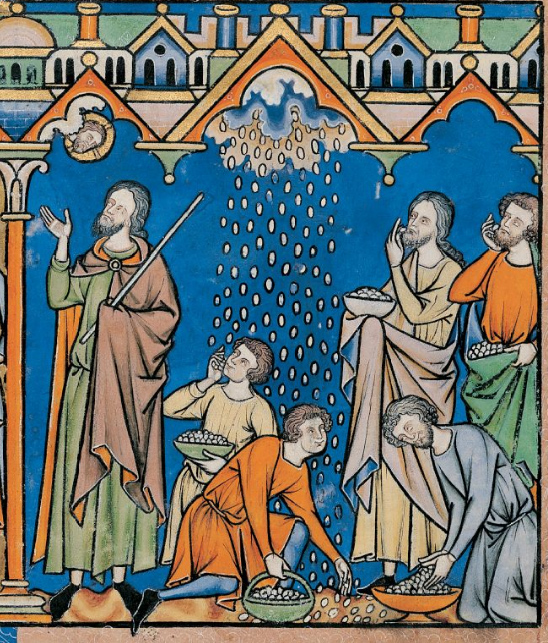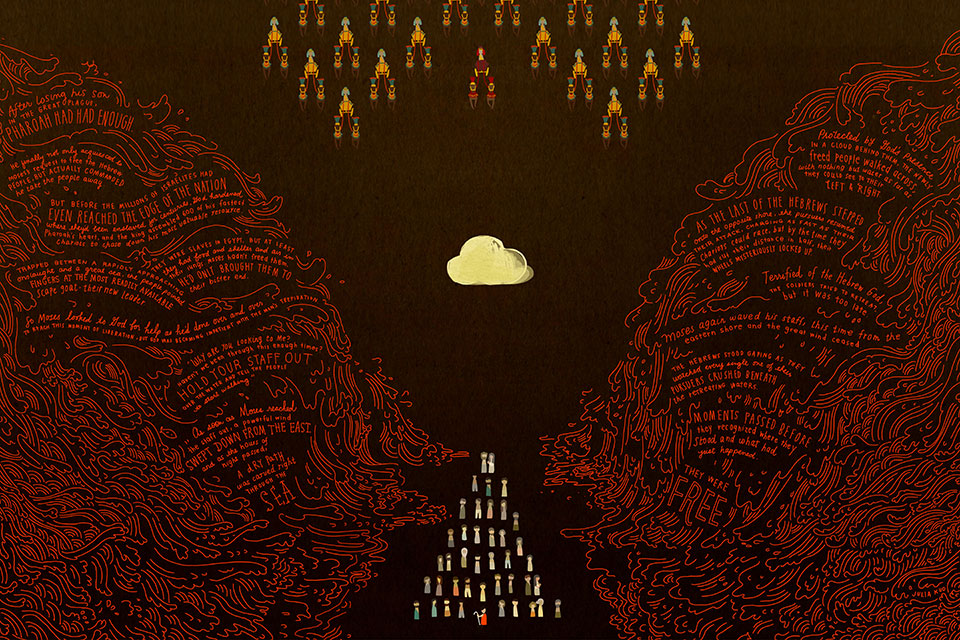After such a week, after such a year of violence, rape, murder, hate, falsehood, and war, J.D. Walt says what I want to say:
Come, Holy Spirit, and inaugurate Advent in our midst. Come and open up the book of a new year of our Lord. Lift our hearts to long for your coming and deepen our longing to imagine your kingdom.We confess? Advent, the season of holy anticipation, has become for us a sign of anxiety. Like Martha, we busy ourselves with so many things, preparing for a celebration of our own design. We confess? our attention has become distraction. Our hearts, minds, and souls are divided as we literally surf the channels of our?consumeristic culture. Yet, O LORD, you are our Father; we are the clay, and you are our potter; we are all the work of your hand? (Isa. 64: 8). Begin anew this Advent to shape us. Make us like Mary to sit at the feet of our Lord Jesus and discover the only necessary thing: your Presence. Restore us, O God; let your face shine, that we may be saved. Shape these days of Advent into a season of undivided attention, of holy anticipation.As we sing of peace on Earth and goodwill to all people, open our ears to hear the mournful songs of a war-torn world: the unquenchable cries of ordinary families like our own whose losses are beyond our ability to comprehend. As we prepare to wrap the countless gifts our children will open on Christmas morning, open our hearts to the countless children for whom Christmas morning will be yet another day to survive. Lead us to respond to you in remembering those who will otherwise receive nothing, who are orphaned, whose parents are dead, distant, or imprisoned. Open our eyes to see those neighbors nearest to us who are lonely, afraid, sick, and suffering. We confess? our lifestyles have become enclaves of escape from the pain and suffering that surrounds us. Yet, O LORD, you are our Father; we are the clay, and you are our potter; we are all the work of your hand? (Isa . 64: 8). Let this year be different, Lord. Shape our attention in these days of Advent into a lifestyle of love for neighbor and the needy.?Give ear, O Shepherd of Israel, you who lead [your people] like a flock! You who are enthroned upon the cherubim, shine forth? (Ps. 80: 1). O that you would tear open the heavens and come down, so that the mountains would quake at your presence? (Isa.64: 1). As we remember and celebrate the birth of the baby in Bethlehem, let us not forget that the King is returning. We confess? we have made ourselves at home in a world that is not our home. We know a time is coming when the sun will be darkened and the moon will not give us light, when the stars will be falling from heaven, and the powers in the heavens will be shaken. We know the Son of Man will come on the clouds with great power and glory and he will send out his angels to gather his elect from the ends of the earth to the ends of heaven (see Mark 13: 24? 27). Stir in our hearts a holy anticipation for the world to come, and an undying urgency for the world that is passing away. By your Spirit, make us watchful and wakeful. For, O L ORD, you are our Father; we are the clay, and you are our potter; we are all the work of your hand? (Isa. 64: 8).Come, Holy Spirit, and inaugurate Advent in our midst. Come and open up the book of a new year of our Lord. Hear us as we pray:Our Father in heaven,hallowed be your name,your kingdom come,your will be done, on earth as it is in heaven.Give us today our daily bread.And forgive us our debts,as we also have forgiven our debtors.And lead us not into temptation, but deliver us from the evil one.(Matthew 6:9-13)"A prayer from from?Not Yet Christmas: It's Time for Advent, by J.D. Walt
Come, Lord Jesus
Here's what I want to say about Ferguson: Come, Lord Jesus.Here's what I want to say about Eric Garner: Come, Lord Jesus.Here's what I want to say about Syria: Come, Lord Jesus.Here's what I want to say about Ebola orphans: Come, Lord Jesus.Here's what I want to say about rape, about divorce, about broken families, about our epidemic of fatherlessness, about all the terrible, ugly things that are a part of our daily world: Come, Lord Jesus.
This Is Why Advent Matters
It's more important than buying the presents, attending the Christmas parties, sending out the Christmas cards, or decorating the Christmas tree. It's‘the only way to avoid getting caught up in the soul-destroying getting and spending of the season. And, if you have kids at home, it's a way you can be deliberately counter-cultural and push back against the messages of materialism to which our kids are incessantly subjected.What's more important than all those things is to prepare spiritually for Christmas by observing Advent. Advent is the time of the church year that leads up to Christmas. It's the way we remind ourselves of why we celebrate and what we truly need.And, in the midst of the heavy headlines these past few weeks, Advent gives voice to the deepest need we have: for a Savior. Liberals and conservatives; black and white; rich and poor--we may not agree on many things, but we can all agree on this: our world is a broken, hurting world. Come, Lord Jesus.
One Simple Way to Let Advent Shape Your Soul
At my church, we've selected a series of Advent readings to help you prepare for Christmas; one chapter of scripture a day, leading up to Christmas Eve, that tells the grand story of salvation, Genesis to Jesus. You can find the list of readings here and a family plan here.Read a chapter a day. If you have kids, you might want to read the chapter before opening that day's box on your Advent calendar.
It's Not Too Late to Catch Up
The reading plan started Monday, December 1, but you can catch up easily this weekend.
I'll Be Blogging About Each Day's Reading
I'll offer a short blog post each day to put the reading in context. Because I've already missed a few days, I've added them below.
Genesis 1: Creation's Song
How things begin matters. We see God's intention for creation from the beginning: an integrated whole, in which all the parts are good and all the parts fit together to give glory to God. The Hebrew word for this is shalom: peace, wholeness, harmony.One other quick thought on Genesis 1. The author talks of days and nights from the very beginning, but the sun and the moon aren't created until the fourth day. Ancient peoples were more connected to sun and moon than we are, now that we have electricity and night doesn't mean dark. Ancient peoples certainly knew that the sun and the moon are required for their to be "days" and "nights." Here's the point: Genesis 1 is a beautiful theological treatise on creation, and for me, I don't see it contradicting physics and cosmology; I see physics and cosmology providing the fine details and Genesis 1 the broad strokes.The connection with Advent: God's purpose for creation is?shalom. That's what we're waiting for.
Genesis 3: The Problem?Starts Here
Why does sin enter God's good creation?I don't know, and neither does anyone else. What we do know is that this creation that God created good is marred, every part of it. There are no problem-free situations. Sin has ruined everything. Because of sin there is racism, rape, war, divorce, cancer, etc.Note that sin means that deceit and blame are now a part of human relationships.The connection with Advent:?This is why we need a savior. This explains why the world is the way it is.
Genesis 12: The Conspiracy Begins
It's the strangest plan in the world: the Lord's plan to redeem and heal all of creation begins with one lonely Mesopotamian nomad named Abraham. Through Abraham, the Lord will do something amazing: "in you all the families of the earth shall be blessed" (Genesis 12:3b).One of the things I love about the Advent Conspiracy is how it begins so small: one man; one family; one manger.The?connection with Advent: This is where the conspiracy begins.
Genesis 24: The Next Step
The plan won't work if the family line dies out. Abraham is miraculously blessed with a son named Isaac, and now Isaac meets his wife, Rebekah.The connection?with Advent: The conspiracy continues.
Genesis 25: The Strangeness of the Conspiracy
Rebekah is pregnant with twins, and she receives a puzzling word from the Lord:"Two nations are in your womb,and two peoples born of you shall be divided;the one shall be stronger than the other,the elder shall serve the younger."? (Genesis 25:23)This strange conspiracy is overturning the way things work. Everyone knows that older brothers are more important than younger: this is how society works. And yet in this conspiracy, the elder shall serve the younger.The connection with Advent:?don't expect things to work the way you think they should. The Lord's ways are not our ways. Thank God.
Genesis 37: The Conspiracy Begins to Unravel
That younger brother mentioned above is Jacob. Jacob fathers a whole bunch of kids (12 sons; 1 daughter) with four different women. You don't have to know much about human nature to know that this is going to be messy. The 2nd youngest son, and Jacob's favorite, is named Joseph. The family drama is so modern:
This is the account?of Jacob‘s family line.
Joseph,?a young man of seventeen,?was tending the flocks?with his brothers, the sons of Bilhah?and the sons of Zilpah,?his father‘s wives, and he brought their father a bad reportabout them.
Now Israel?loved Joseph more than any of his other sons,?because he had been born to him in his old age;?and he made an ornate?robe?for him.When his brothers saw that their father loved him more than any of them, they hated him?and could not speak a kind word to him."Genesis 37:2-4
Jacob's sons fake the death of Joseph and sell the boy into slavery. (You really should read the Bible--very interesting.)The?connection with Advent: Just because we can't see how the conspiracy is going to work, doesn't mean the Lord isn't working....
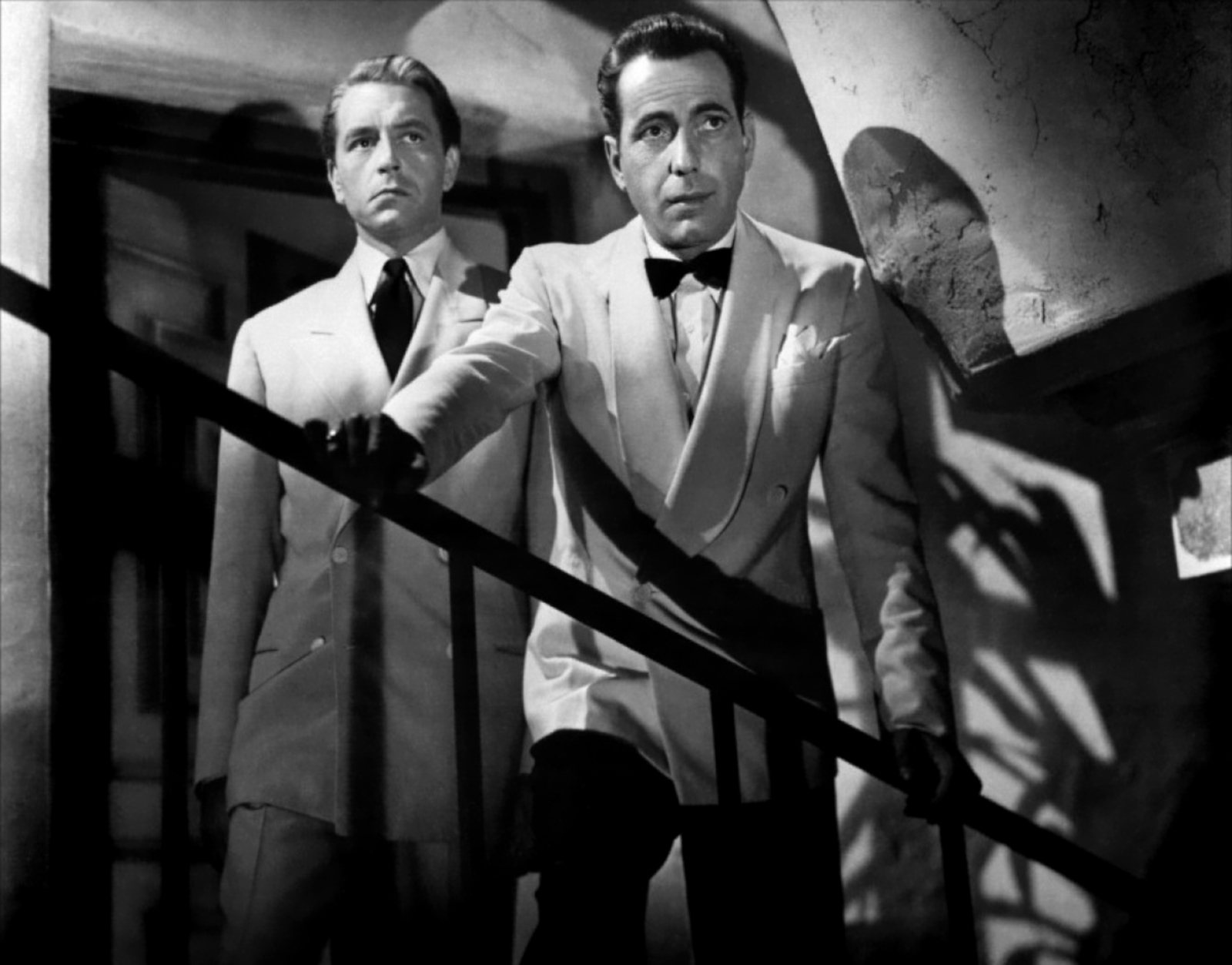 The singing of?La Marseillaise?from?Casablanca,?one of my favorite scenes in all of film, seems especially appropriate today?after?the murders this morning at the?Charlie Hebdo?offices in Paris.[embed]https://www.youtube.com/watch?v=HM-E2H1ChJM[/embed]Some quick thoughts:
The singing of?La Marseillaise?from?Casablanca,?one of my favorite scenes in all of film, seems especially appropriate today?after?the murders this morning at the?Charlie Hebdo?offices in Paris.[embed]https://www.youtube.com/watch?v=HM-E2H1ChJM[/embed]Some quick thoughts:
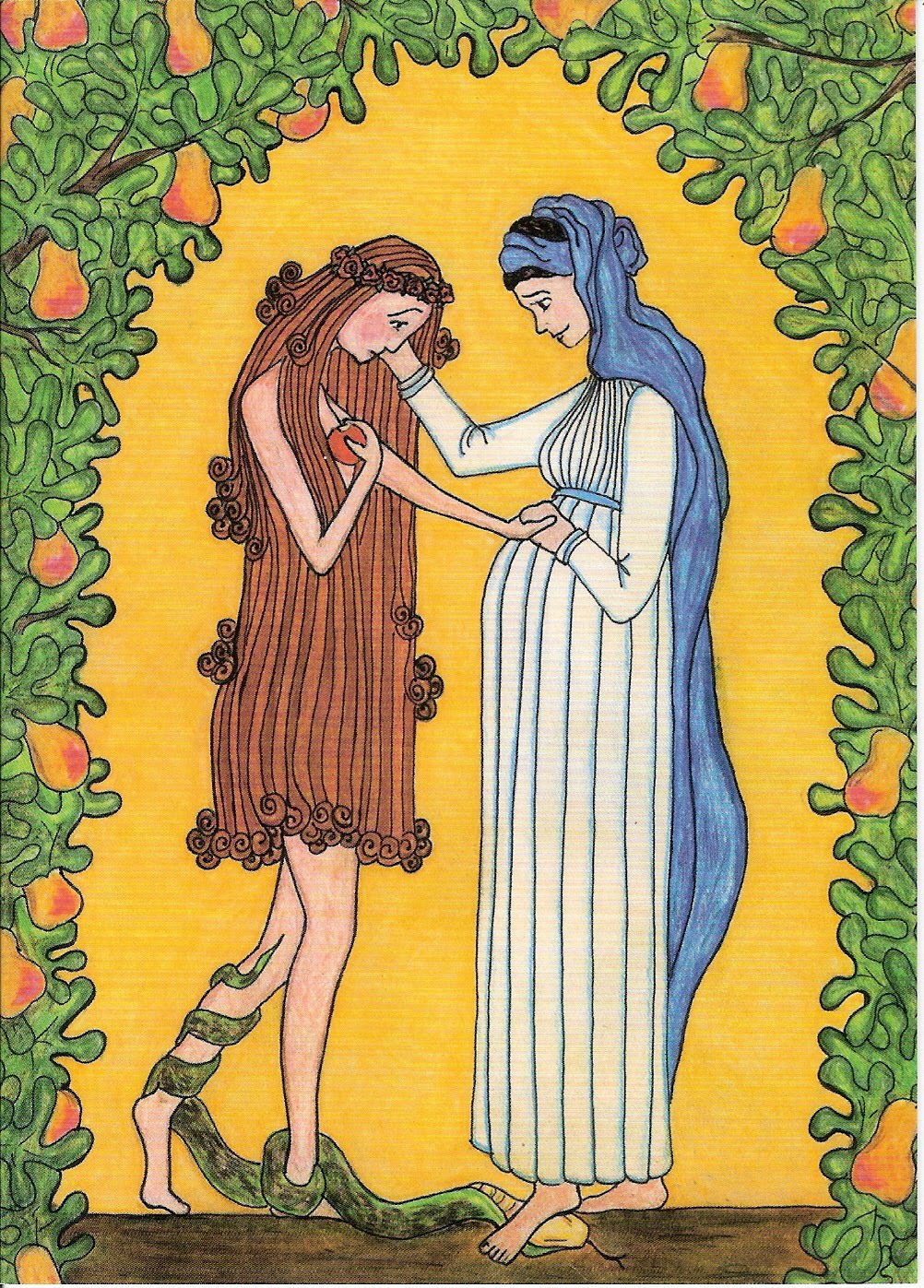
![I love this visual interpretation of Genesis 1 [www.minimumbible.com]](http://static1.squarespace.com/static/5d70f59aefca59000162e4e6/5d7fcef39f682762992c8aca/5d7fceff9f682762992c8c25/1568657151354/6837951_1615284_lz.jpg?format=original)
!["San Giorgio Maggiore at Dawn" [1819] by J.M.W. Turner [Wikimedia Commons]](http://static1.squarespace.com/static/5d70f59aefca59000162e4e6/5d7fcef39f682762992c8aca/5d7fcefe9f682762992c8c1f/1568657150927/Joseph_Mallord_William_Turner_-_San_Giorgio_Maggiore_at_Dawn_-_WGA23170.jpg?format=original)
!["Census at Bethlehem," by Pieter Bruegel [1566]](http://static1.squarespace.com/static/5d70f59aefca59000162e4e6/5d7fcef39f682762992c8aca/5d7fcefe9f682762992c8c1c/1568657150715/census-at-bethlehem-1566.jpg?format=original)
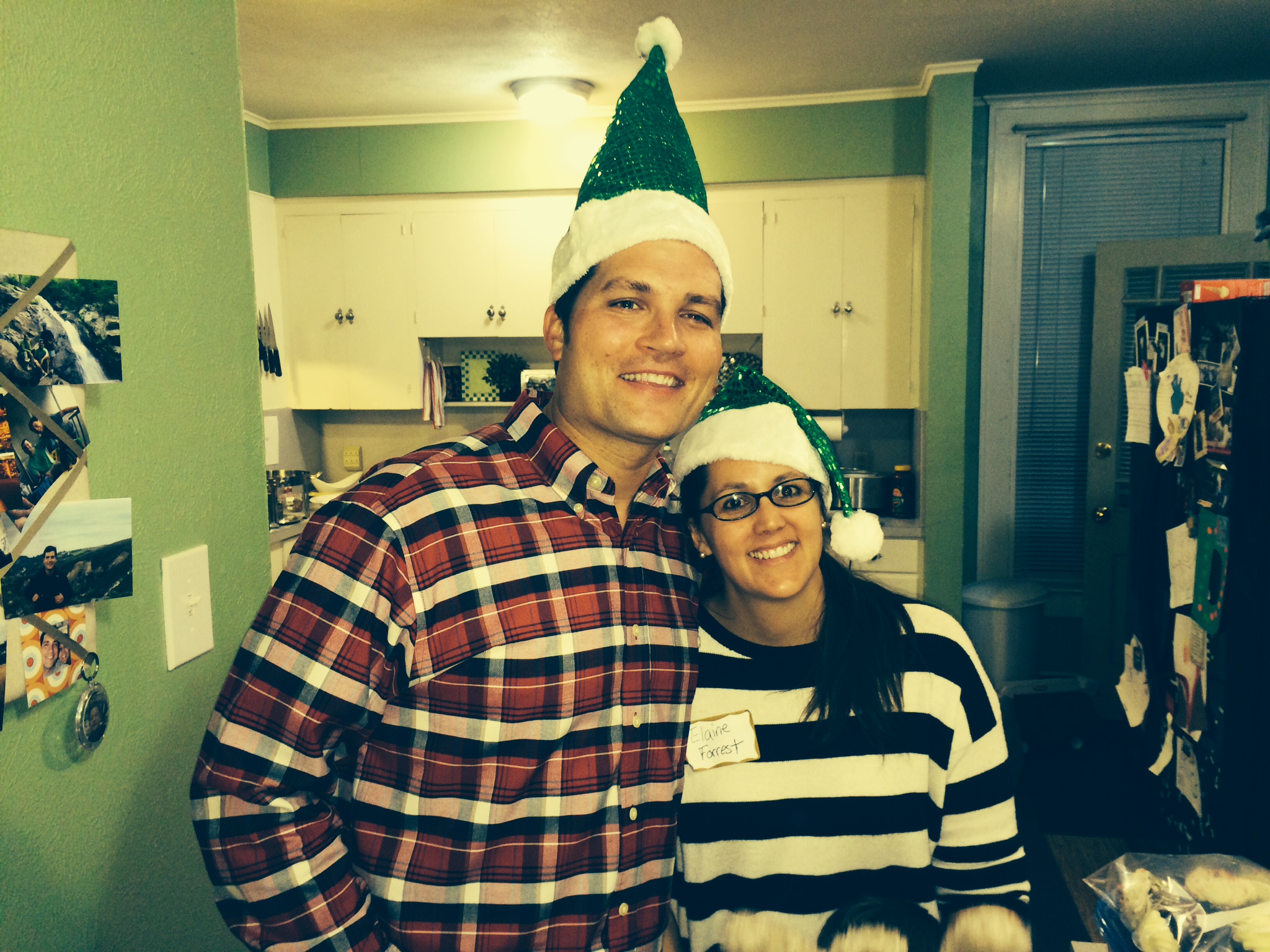







![[wikipedia.com]](http://static1.squarespace.com/static/5d70f59aefca59000162e4e6/5d7fcef39f682762992c8aca/5d7fcefd9f682762992c8c01/1568657149862/Dawn_Xepon_Laos.jpg?format=original)
![[http://larrycuban.wordpress.com]](http://static1.squarespace.com/static/5d70f59aefca59000162e4e6/5d7fcef39f682762992c8aca/5d7fcefe9f682762992c8c05/1568657150073/andertoons-check-email.jpg?format=original)
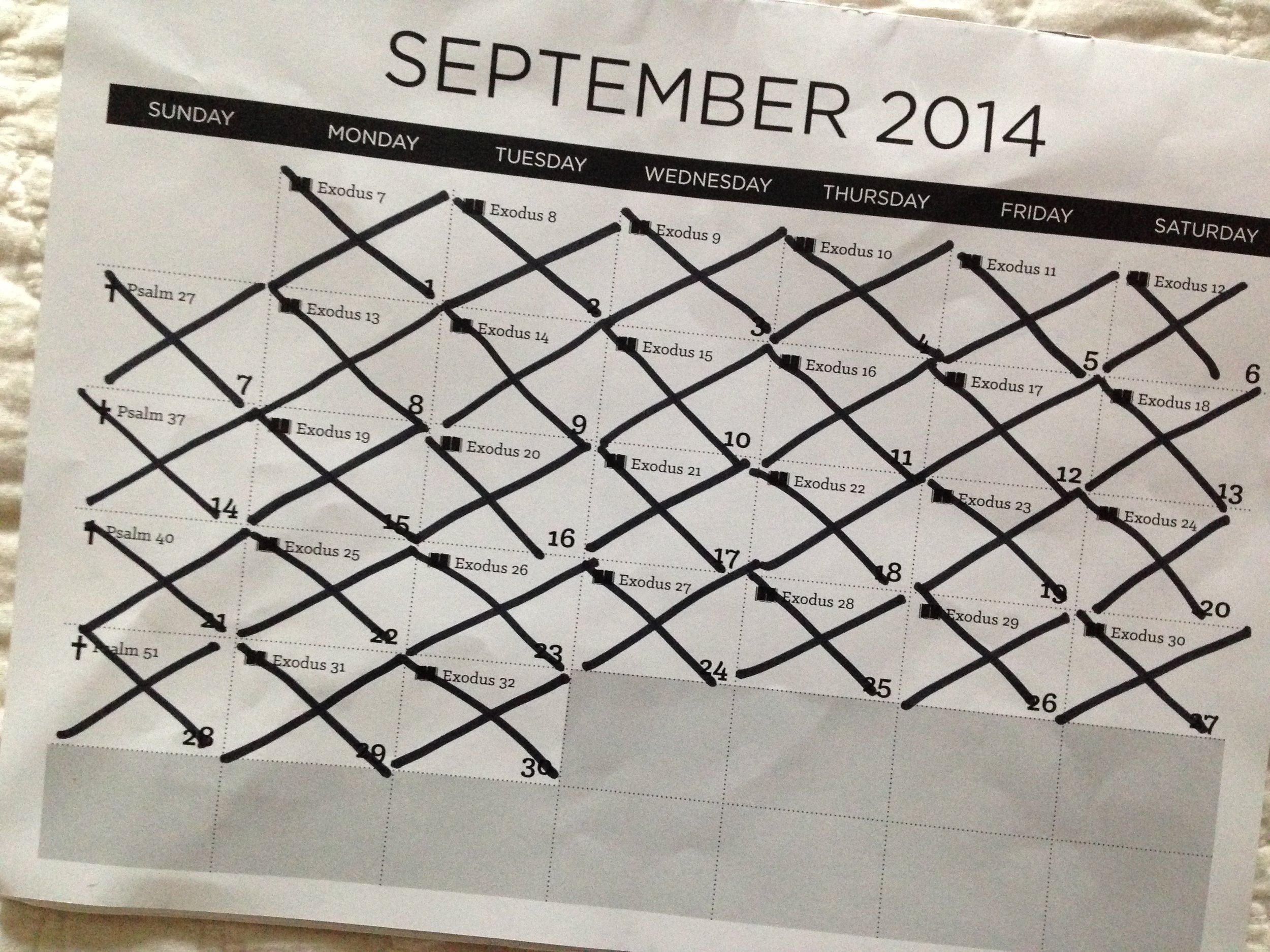

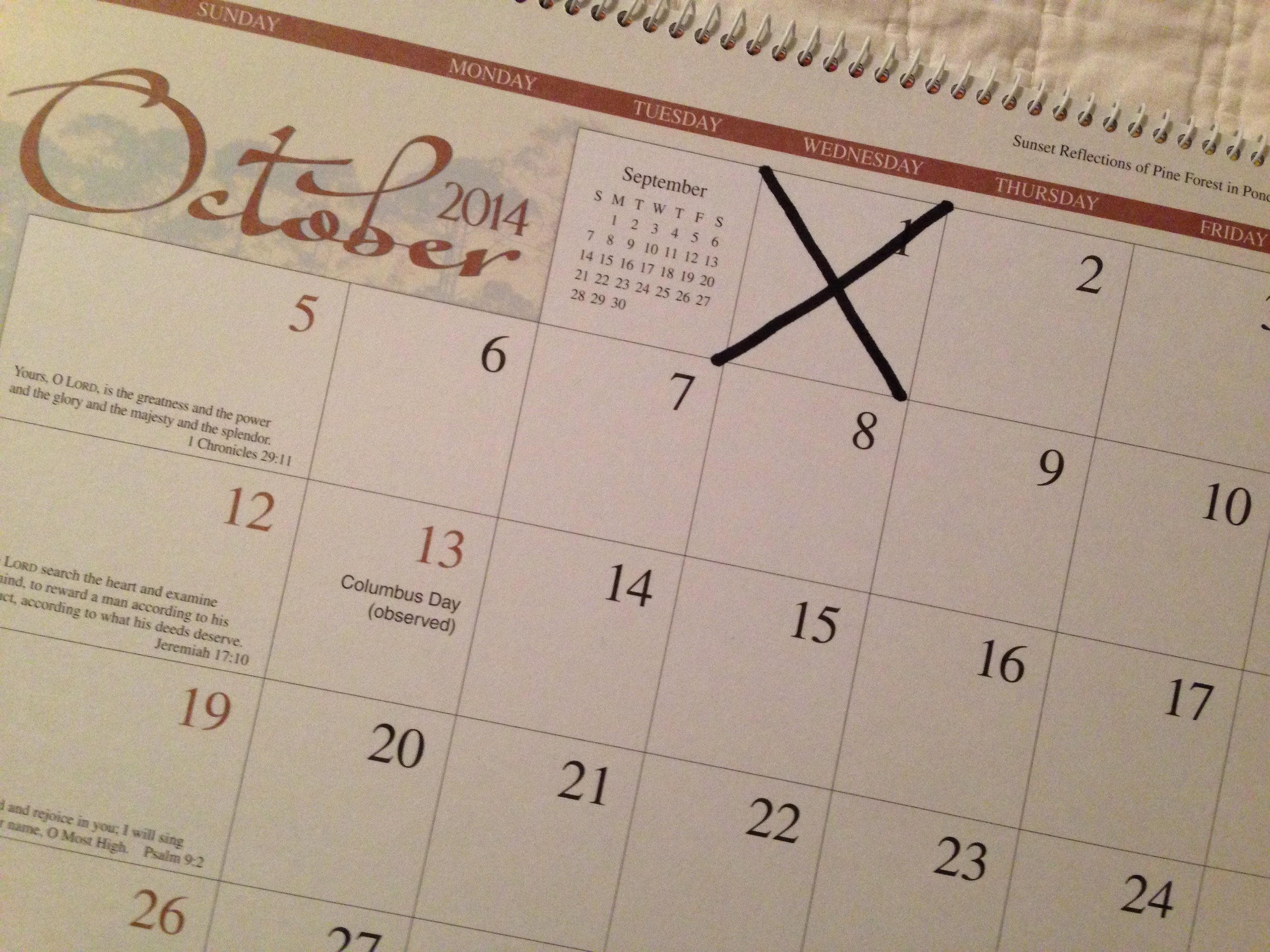

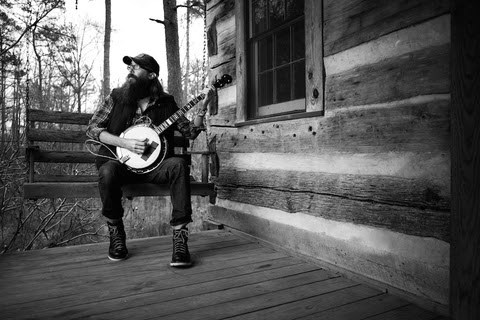


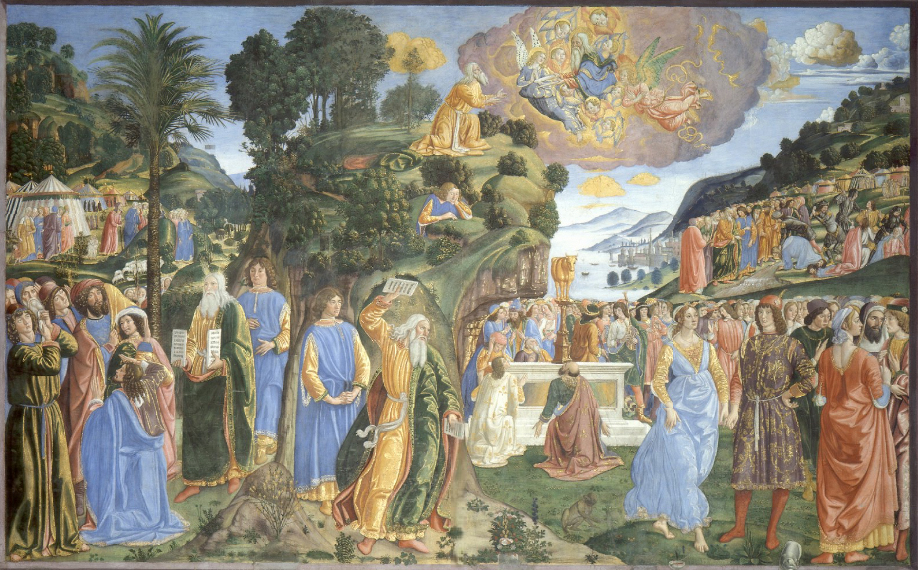
![[Credit: thestar.com]](http://static1.squarespace.com/static/5d70f59aefca59000162e4e6/5d7fcef39f682762992c8aca/5d7fcefb9f682762992c8bda/1568657147737/queen_elizabeth.jpg?format=original)
![The Supreme Court of the United States of America [credit: Wikipedia]](http://static1.squarespace.com/static/5d70f59aefca59000162e4e6/5d7fcef39f682762992c8aca/5d7fcefb9f682762992c8bdd/1568657147953/20120110094716SCOTUSbuilding_1st_Street_SE.jpg?format=original)
![[Credit: endhairloss.eu. (I know--weird place for a baby pic.)]](http://static1.squarespace.com/static/5d70f59aefca59000162e4e6/5d7fcef39f682762992c8aca/5d7fcefc9f682762992c8be0/1568657148162/Reasons-for-hair-loss-in-newborn-babies.jpg?format=original)


!["Joshua fights Amalek (1625) [http://www.artbible.info/bible/exodus/17.html]](http://static1.squarespace.com/static/5d70f59aefca59000162e4e6/5d7fcef39f682762992c8aca/5d7fcefa9f682762992c8bcc/1568657146680/jozua_amalekieten_grt.jpg?format=original)
